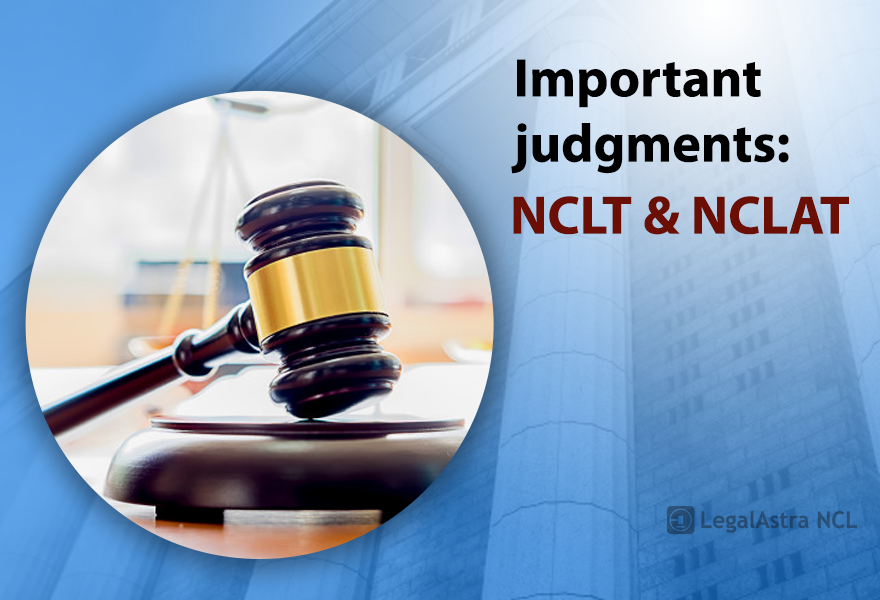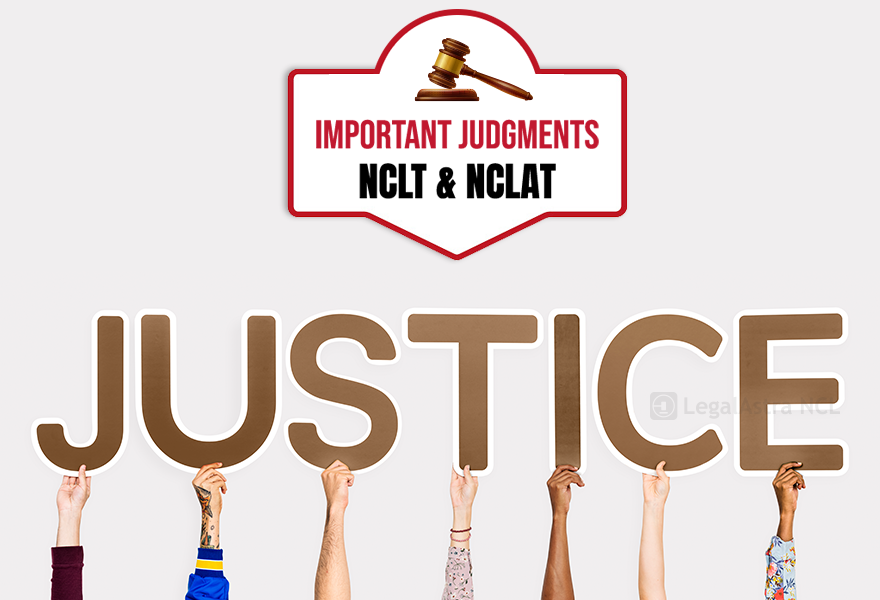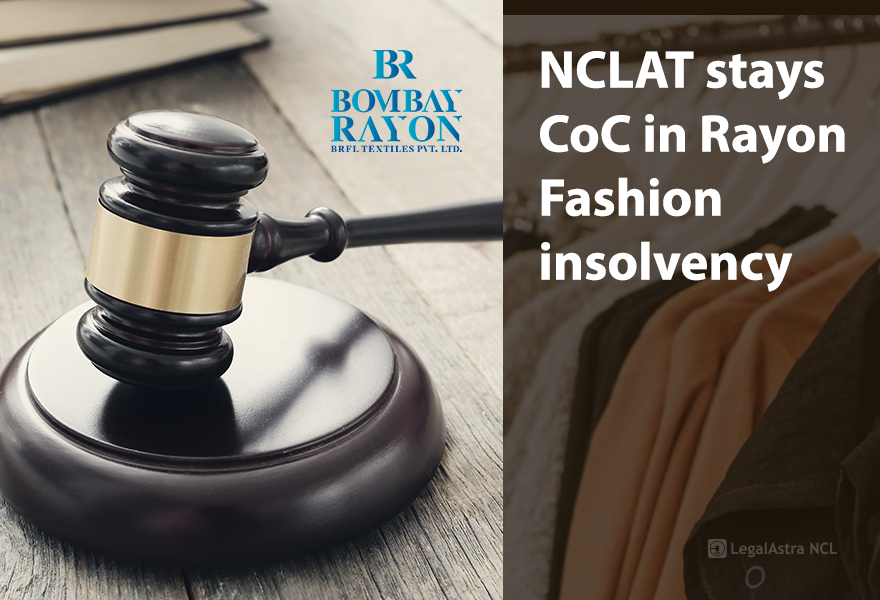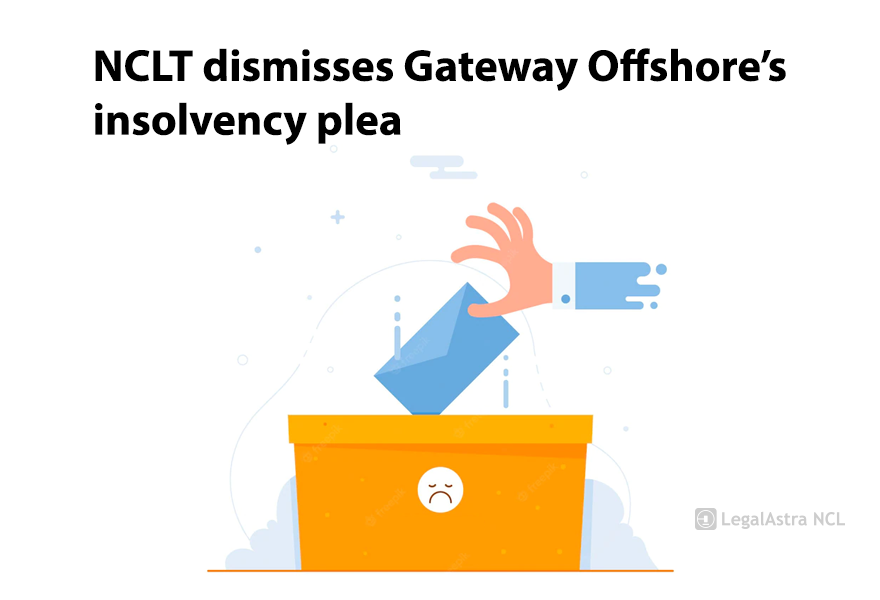The National Company Law Appellate Tribunal (NCLAT) in New Delhi, chaired by Justice Ashok Bhushan and Technical Member Mr. Barun Mitra, has ruled that a Corporate Debtor remains liable for discharging its operational debt, even if an insurance claim has been settled with the Operational Creditor. The decision clarifies that the insurance payment to the Operational Creditor cannot serve as









